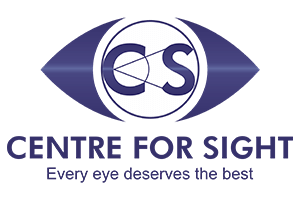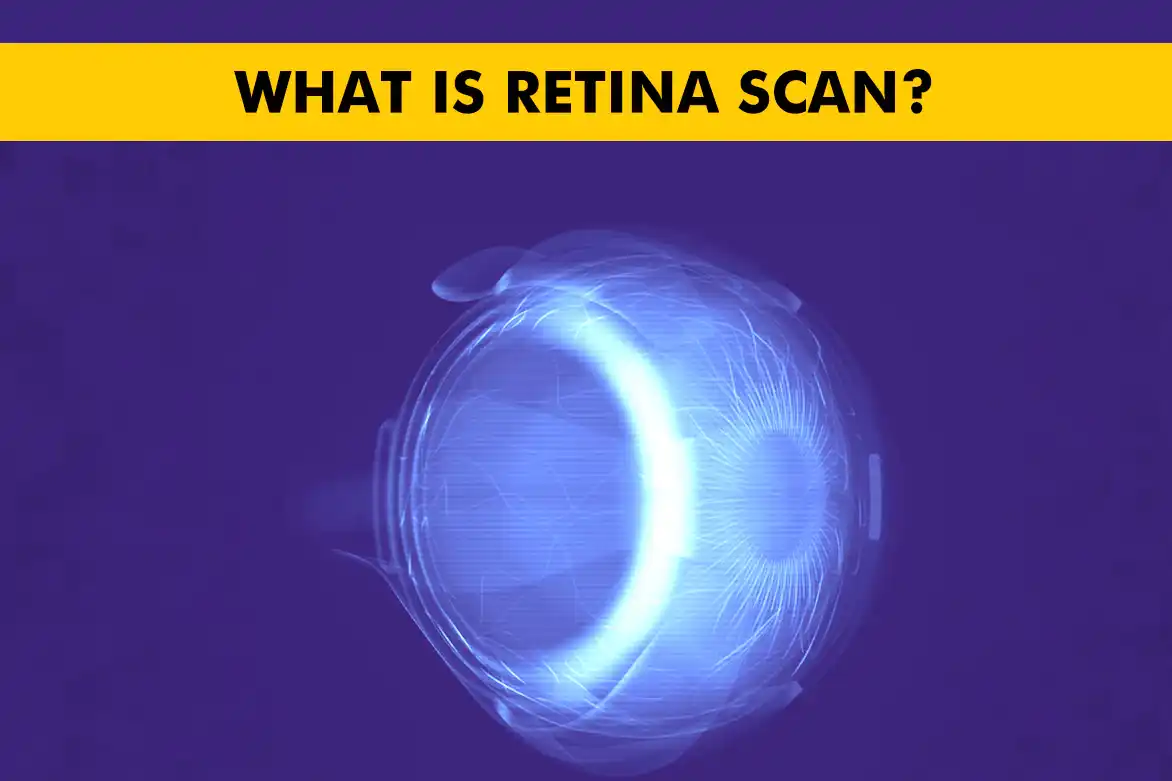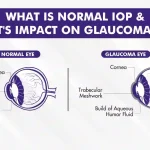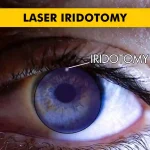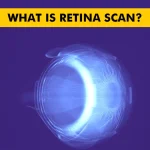Why Are Retina Scans Necessary?
Our eyes are one of the most sensitive organs in the body, and protecting their health is essential for overall well-being. As advancements in medical technology continue, procedures like retina scans are gaining attention in India for their role in diagnosing and managing various eye conditions. This blog explores the concept of retina testing, how it works, and why it is vital for maintaining retina health.
What Is a Retina Scan?
A retina eye exam is a non-invasive diagnostic procedure used to capture high-resolution images of the retina—the thin layer of tissue at the back of the eye. Since the retina contains cells that are sensitive to light, it plays a crucial role in our ability to see. Retina eye tests assess retinal health and detect early signs of various eye diseases, including macular degeneration, diabetic retinopathy, and glaucoma.
These scans utilize advanced imaging techniques such as Optical Coherence Tomography (OCT) or fundus photography. These technologies create detailed cross-sectional images of the retina, allowing doctors to evaluate its structure and function.
Ready to get a closer look at your retina health?
Book Your Retina Scan
Now, let’s see how this test is conducted.
How Is a Retina Scan Conducted?
A retina eye test is a quick and painless procedure. During the scan, you will be asked to sit in front of a specialised machine while you rest your chin on a support. The machine will shine a low-intensity light into your eye, and images of your retina are captured as you remain still. The process takes only a few minutes and provides valuable insights into your retina’s health.
Doctors typically conduct retinal evaluations for patients at risk of developing eye conditions or experiencing vision problems. This may include individuals with diabetes, high blood pressure, or a family history of eye diseases. Regular scans help monitor changes over time and enable early intervention.
Benefits of Retina Scans for Eye Health.
Retina scans play a pivotal role in maintaining your eye health. Here are some of the ways they benefit you:
- Early Detection of Eye Diseases: Many eye diseases, such as diabetic retinopathy and age-related macular degeneration, can progress without noticeable symptoms in the early stages. Retina testing can detect these conditions early, enabling timely treatment to prevent vision loss.
- Monitoring Retina Health: For individuals with chronic conditions like diabetes or high blood pressure, regular scans can help monitor the impact of these diseases on the eyes.
- Tracking Progression: These scans allow eye care professionals to track the progression of eye diseases over time. By comparing images from previous exams, doctors can assess whether a condition is stable, improving, or worsening.
- Non-Invasive & Quick: The procedure is non-invasive, requiring no needles or incisions. It is also fast, taking just a few minutes, making it convenient for patients and doctors.
- Improved Treatment Plans: The detailed images produced by a retina scan provide crucial information that helps doctors create personalized treatment plans tailored to each patient’s condition. Diabetic retinopathy and hypertensive retinopathy plans can be made & the effects of the treatment can be assessed with these scans.
Now that we’ve established the importance of retinal evaluation for eye health let’s examine how it compares to other eye tests and where it stands.
Retina Scan vs. Other Eye Tests
While traditional eye tests, such as visual acuity tests or slit-lamp exams, focus on the front part of the eye, retinal eye tests provide a comprehensive view of the retina and the optic nerve. This in-depth analysis is essential for diagnosing conditions like macular degeneration, hypertensive retinopathy and other retinal health issues that may not be visible through routine eye exams.
For example, conditions like diabetic retinopathy, where blood vessels in the retina become damaged, may not cause noticeable symptoms until the disease has progressed significantly. However, a scan of the retina can identify these early changes and prompt immediate intervention.
Common Eye Conditions Detected by Retina Scans.
- Diabetic Retinopathy: Diabetes can cause damage to the blood vessels in the retina, leading to vision loss. A retina eye test can detect early signs of damage, even before symptoms arise.
- Macular Degeneration: Age-related macular degeneration (AMD) affects the central part of the retina and is a leading cause of vision loss in older adults. These scans help detect AMD in its early stages, allowing for treatment that can slow the disease’s progression.
- Glaucoma: This condition damages the optic nerve and is often associated with increased eye pressure. Retina testing can help detect changes in the optic nerve, which is crucial for diagnosing glaucoma early.
- Hypertensive Retinopathy: High blood pressure can cause damage to the retinal blood vessels, leading to hypertensive retinopathy. Retina eye exams can generate hypertensive retinopathy images, enabling doctors to detect and manage the condition accordingly.
Early detection can help save your vision!
Book Your Retina Scan Appointment Today
How to Prepare for a Retina Scan?
Preparation for a retina scan is pretty simple. You may be asked to avoid wearing makeup around your eyes on the day of the test. In some cases, the doctor may need to dilate your pupils to get a better view of the retina, so it’s essential to bring sunglasses as your eyes may be sensitive to light afterwards. You might also want to arrange for someone to drive you home, as dilation can cause blurred vision for a few hours.Well, there you go! We’ve told you all there is to know about retina scans and how to locate a Centre for Sight facility nearest to you and get your retina checked today. In conclusion, these scans are crucial for preserving eye health, especially for individuals at risk of eye diseases. By detecting conditions early and monitoring changes over time, these scans safeguard against vision loss. Discuss your options with your eye care provider and schedule regular retina testing as part of your overall health routine.
FAQs
What is a retina scan?
A retina scan is a non-invasive eye test that uses advanced imaging technology to capture detailed retina images, helping detect various eye diseases.
Who should get a retina scan?
Individuals with risk factors such as diabetes, high blood pressure, or a family history of eye diseases should consider regular retina scans.
Does a retina scan hurt?
No, a retina scan is entirely painless. The procedure involves sitting in front of a machine while it takes pictures of your retina.
How often should I get a retina scan?
The frequency of retina scans depends on your eye health and any underlying conditions. Your eye doctor will recommend a schedule based on your specific needs.
Can retina scans detect glaucoma?
Yes, retina scans can help detect changes in the optic nerve, essential for diagnosing glaucoma early.
